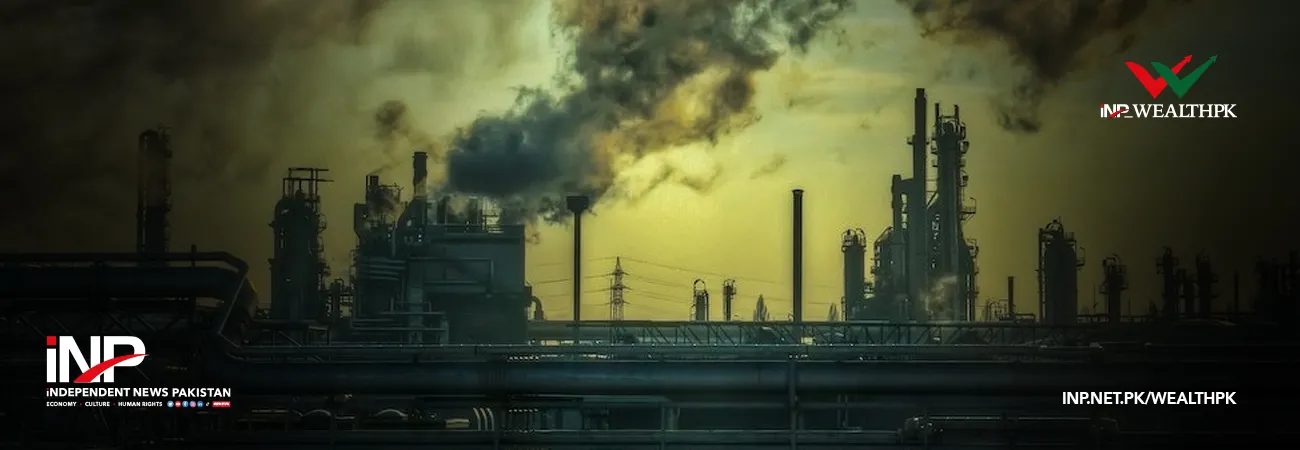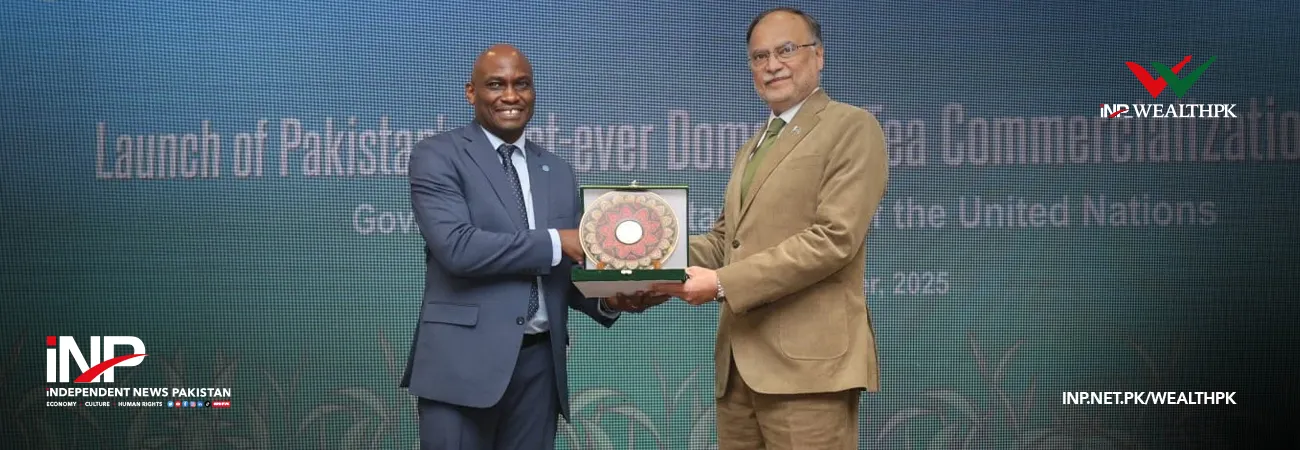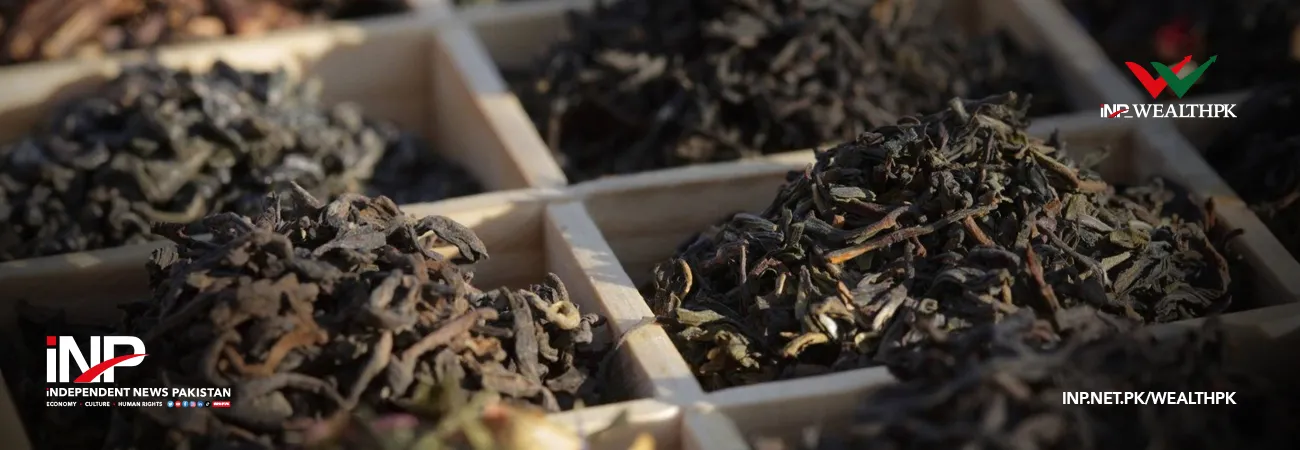INP-WealthPk
Arooj Zulfiqar
Pakistan has experienced rapid industrialization and urbanization in recent years, driving remarkable economic growth. However, this progress has come at a significant cost to the environment. Therefore, the country needs robust law enforcement to effectively tackle environmental pollution, Muhammad Arif Goheer, Head of Agriculture, Forestry and Land Use Section at the Global Change Impact Studies Centre of the Ministry of Climate Change, told WealthPK. “Environmental pollution, including air and water pollution, deforestation, and improper waste management, has reached alarming levels. To counteract this perilous situation, it is imperative for Pakistan to enact and enforce robust environmental laws that can effectively combat pollution and pave the way for a sustainable future,” he said. “The air quality in major cities is often categorized as hazardous, affecting the health and well-being of millions. Water bodies are contaminated with industrial effluents and untreated sewage, posing a direct threat to aquatic life and human health.
Rapid depletion of forests and biodiversity exacerbates these challenges,” Goheer said. “Implementing effective environmental enforcement laws is not without challenges. One of the primary hurdles is lack of coordination and resources among the government agencies responsible for monitoring and regulating pollution. Inconsistent penalties and lenient enforcement mechanisms have allowed the polluters to evade accountability. Additionally, public awareness and participation in environmental matters remain relatively low, further complicating the enforcement process,” he added. According to the Ministry of Climate Change and Environmental Coordination, the total economic costs of climate change in Pakistan range from $1.3 to $1.9 billion, equivalent to 0.5% to 0.7% of the country’s gross domestic product (GDP).
Air pollution contributes the largest proportion of approximately 30% to 34% to economic costs, followed by water-related costs, comprising 26 to 27%. Waseem Ahmed, CEO of Islamic Relief Worldwide, told WealthPK, “Environmental pollution in Pakistan has reached a critical juncture. Strengthening environmental law enforcement can address this challenge and create a framework for sustainable development. “Environmental issues in Pakistan must be addressed. The standard of living and the quality of life still need a lot of improvement. Water pollution, soil erosion, land degradation, water scarcity, global warming, air pollution, and natural disasters are just a few of the climatic and environmental concerns that Pakistan faces.
To improve the quality of life in Pakistan, policies and activities must ensure that the developments taking place do not jeopardize the country’s resources and environment,” he said. He said, “Most developed countries have formulated environmental laws to curb the rising pollution. However, developing countries like Pakistan face challenges in implementing environmental regulations. This can be attributed to, amongst other factors, limited capacity and lack of resources and willingness by the authorities. Insufficient compliance of environmental laws has undoubtedly led to increased pollution in rural and urban areas.”“To ensure a liveable and healthy environment for future generations, strong law enforcement is not just a necessity but a moral obligation,” he added.
Credit: INP-WealthPk













